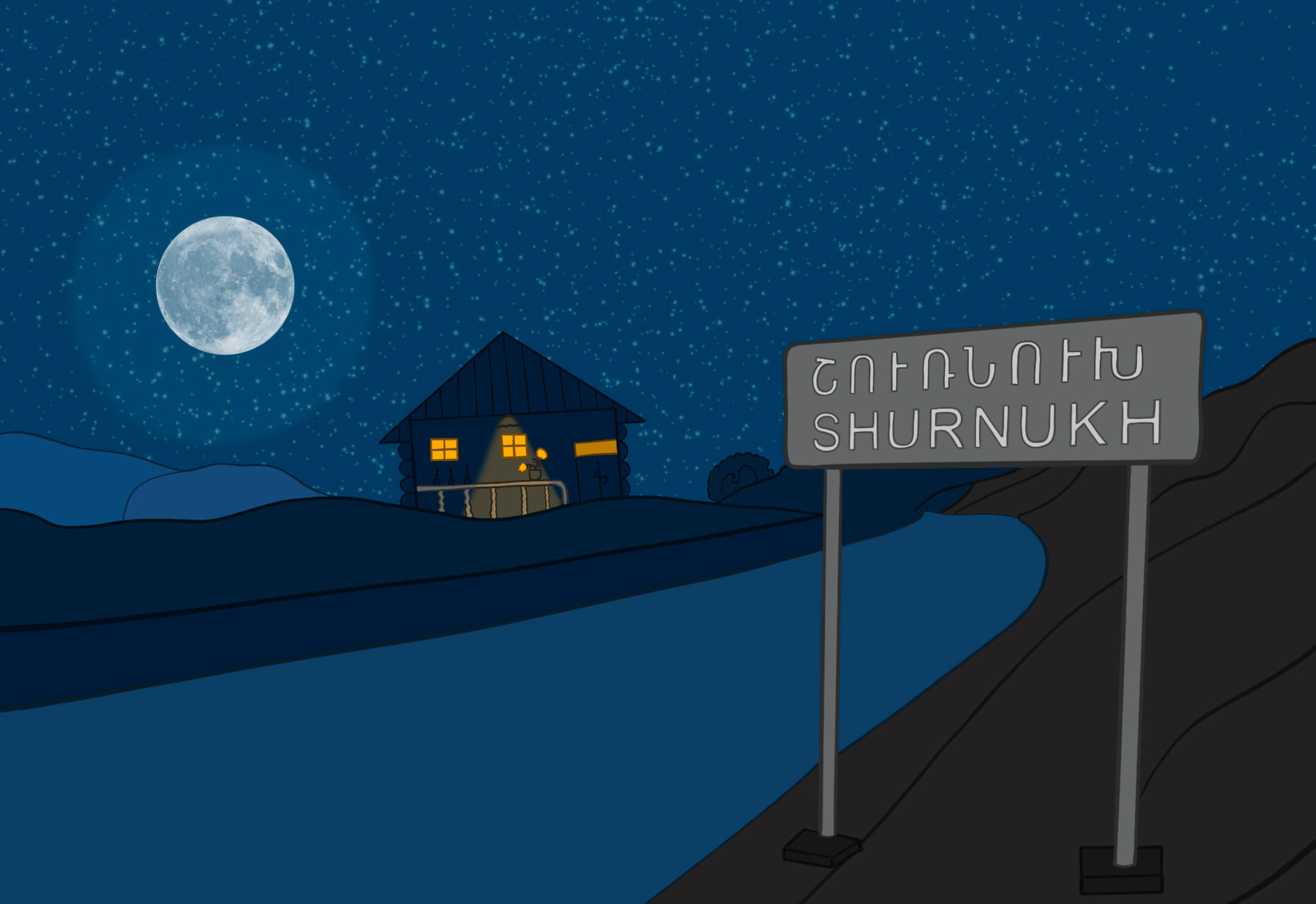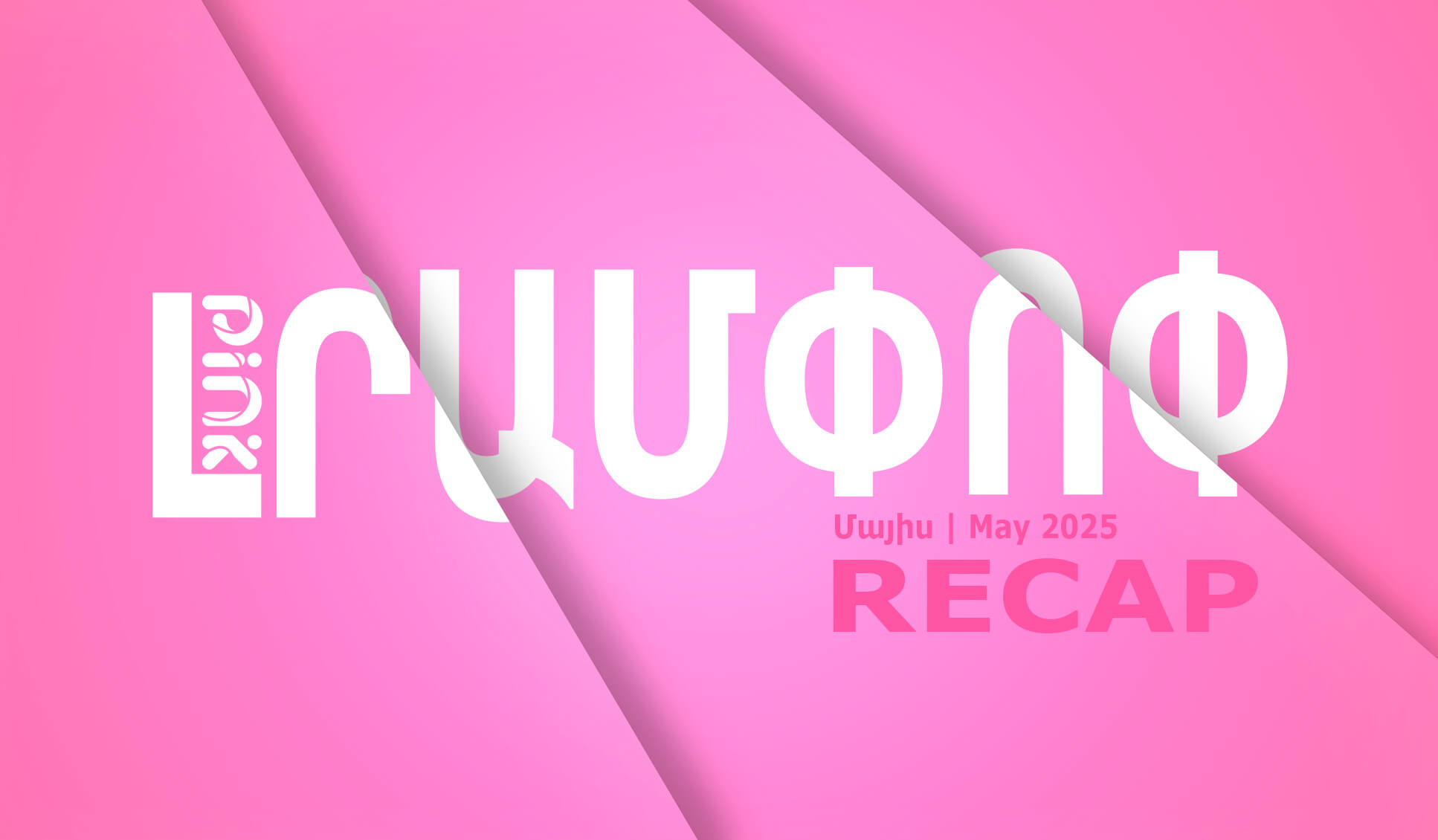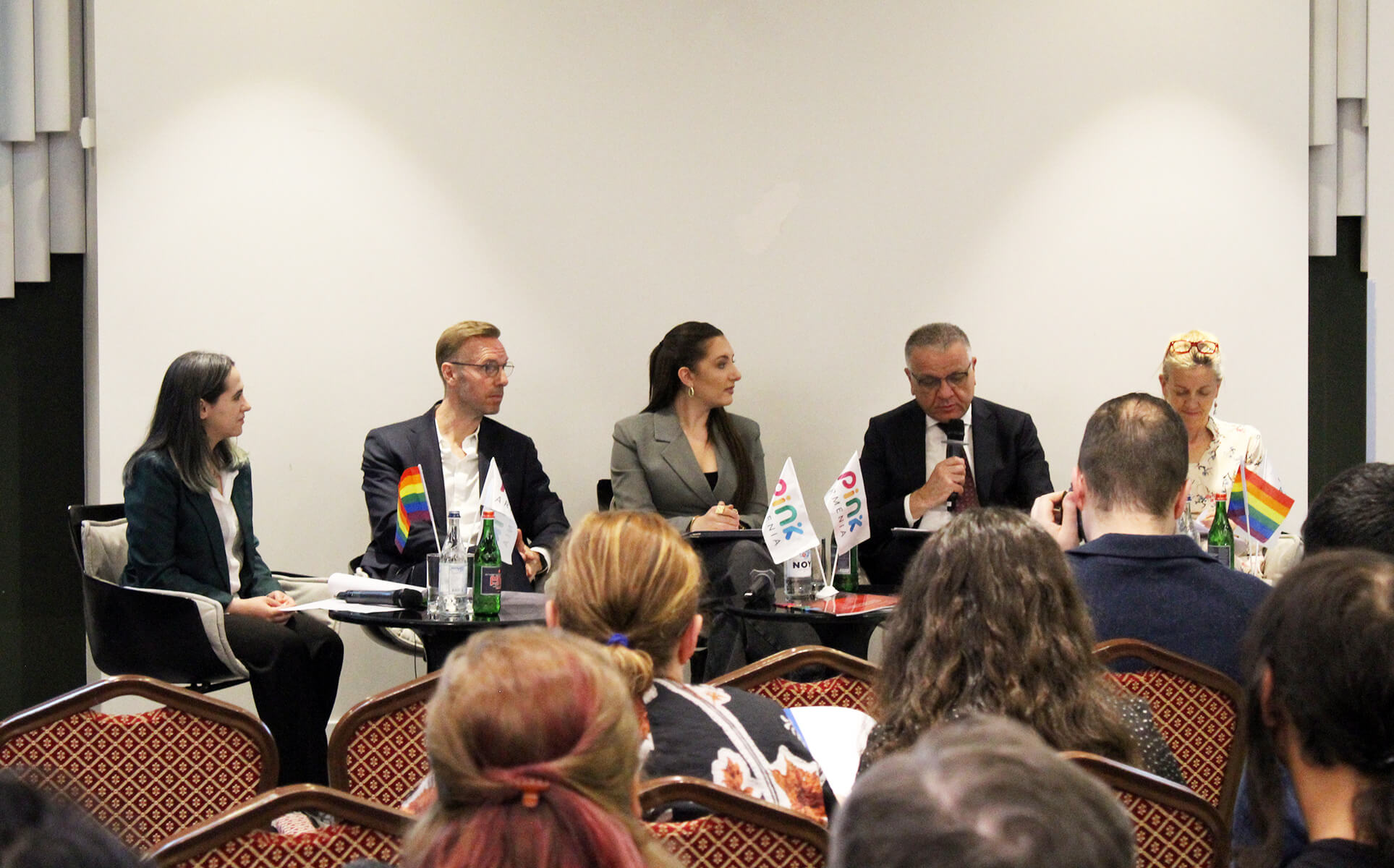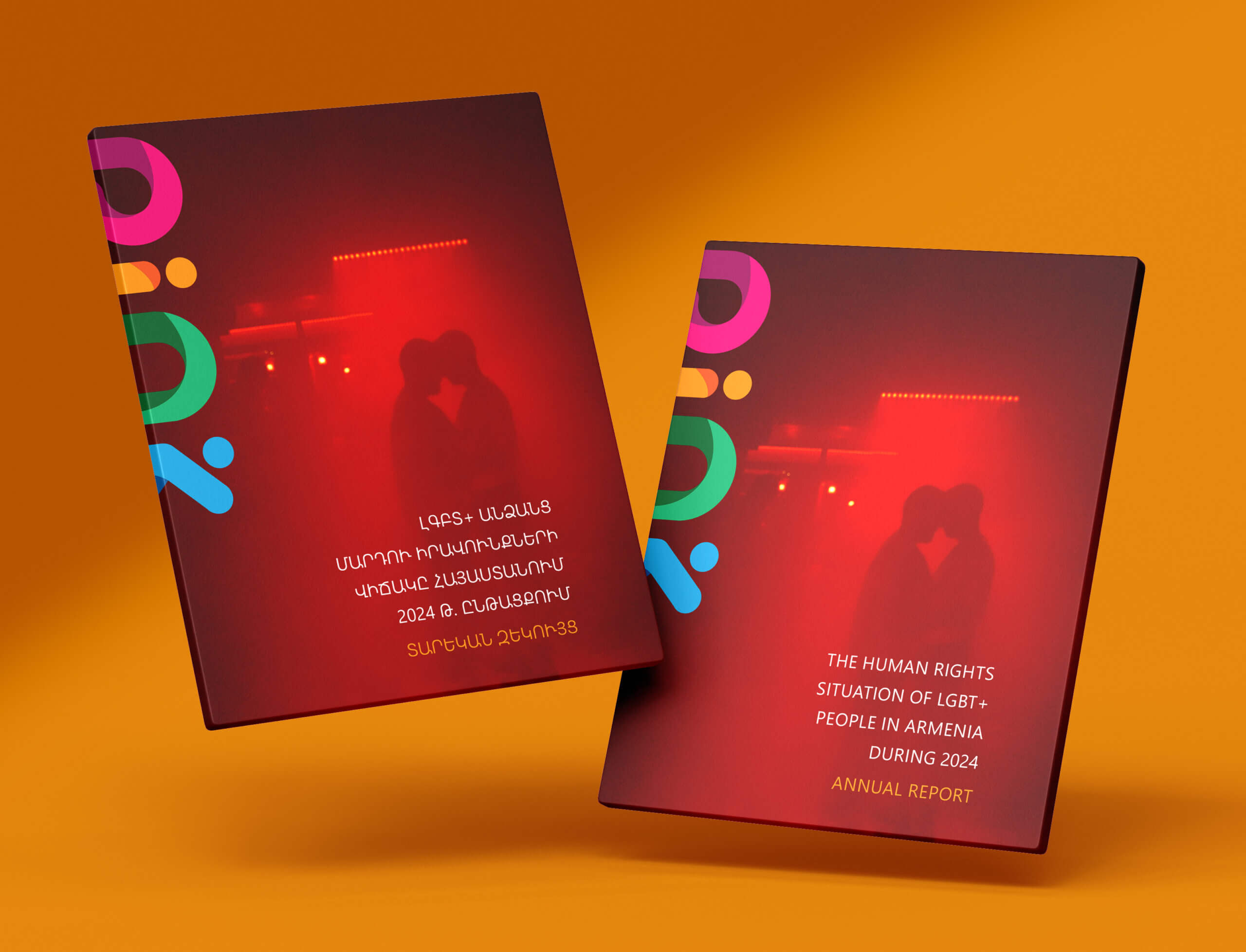IDC opinion on the court case filed by 16 civil society representatives
 Information Disputes Council has published an opinion on the case of 16 civil society representatives vs. “Iravunk Media” LTD and Hovhannes Galajyan.
Information Disputes Council has published an opinion on the case of 16 civil society representatives vs. “Iravunk Media” LTD and Hovhannes Galajyan.
The circumstances of the case
On May 17, 2014, journalist Hovhannes Galajyan published an article on www.iravunk.com online media site titled “They serve the interests of international homosexual lobbying: the blacklist of country’s and nation’s enemies.”Based on article 1087.1 of Civil Code, a number of citizens filed a legal case against the media source and the journalist, finding that the article contained numerous statements defaming their dignity and professional reputation, which were not only of offensive and slandering nature, but were also a display of hate speech. They asked the court to obligate the defendants to print a public apology statement and pay 5 million AMD in compensation.
On October 30, 2014, the Court of General Jurisdiction of Kentron and Norq-Marash districts ruled to fully reject the case. The court justified its decision by concluding that even though some exaggerations that could agitate and bother the plaintiffs were used in the article, the author provided an overall well-balanced approach. Based on this, the court found that the article “fully corresponds to the permissible framework of provision of free speech by the media” and that “its content represents an overriding social benefit.”
Conclusion
The Council finds that the expressions and calls for action voiced in the article were displays of extremism and hate speech. Even though the plaintiffs had clearly brought this fact up in their claim, the court did not use this circumstance as an object of its investigation.
There is no doubt that through this article the author was realizing his right for freedom of speech. However, protection of free speech under no circumstances covers hate speech. It is important to differentiate critical speech that is agitating, incendiary, and bothersome from speech that is in and of itself a display of extremism and as such plants and preaches hatred. The first type is protected by the freedom of speech, while the second is not. In civilized societies hate speech is completely excluded – with no exceptions. Such approach towards hate speech is also embedded in and is being gradually accepted by international law.
As for the European Convention on Human Rights, it prohibits hate speech based on two substantive grounds: article 17 of the Convention (prohibiting the abuse of power), according to which hate speech goes against the underlying values of the Convention, and parts 2 of articles 10 or 11 of the Convention (state security, public safety, the rights of others, etc.). The expression of “zero tolerance”, as well as the entire context of the article, which calls to display complete intolerance towards specific individuals, concluding in their full segregation from society, are incompatible with democratic values and ideas of “the rule of law” and “civil solidarity”, which are inherent in the preface of the Constitution of the Republic of Armenia. This case is especially worrisome because the media source did not simply provide a ground for the spread of hate speech, but it was the author of such speech. The most problematic fact is that the journalist is at the same time the individual in charge of developing editorial policies for the given media, who subsequently not only assumes a wider array of rights, but also responsibilities in his work when it comes to compliance with the Constitution, laws, and standards of journalistic conduct.
Information Disputes Council
Shushan Doydoyan (Secretary of the Council) – President of the Freedom of Information Center
Manana Aslamazyan – Director of “Alternative Resources in Media” program
Boris Navasardyan – President of the Yerevan Press Club
Aram Abrahamyan – Chief of “Aravot” newspaper
Ara Ghazaryan – Deputy Director of “Ani Consult” Law Firm
Gegham Vardanyan – Producer at “Media Media” Initiative Center




